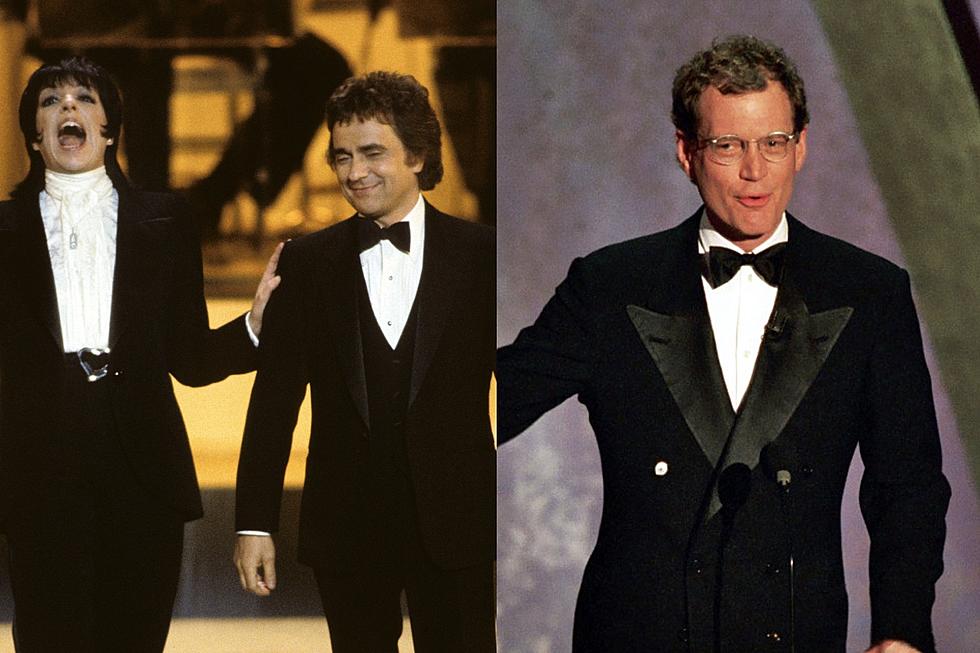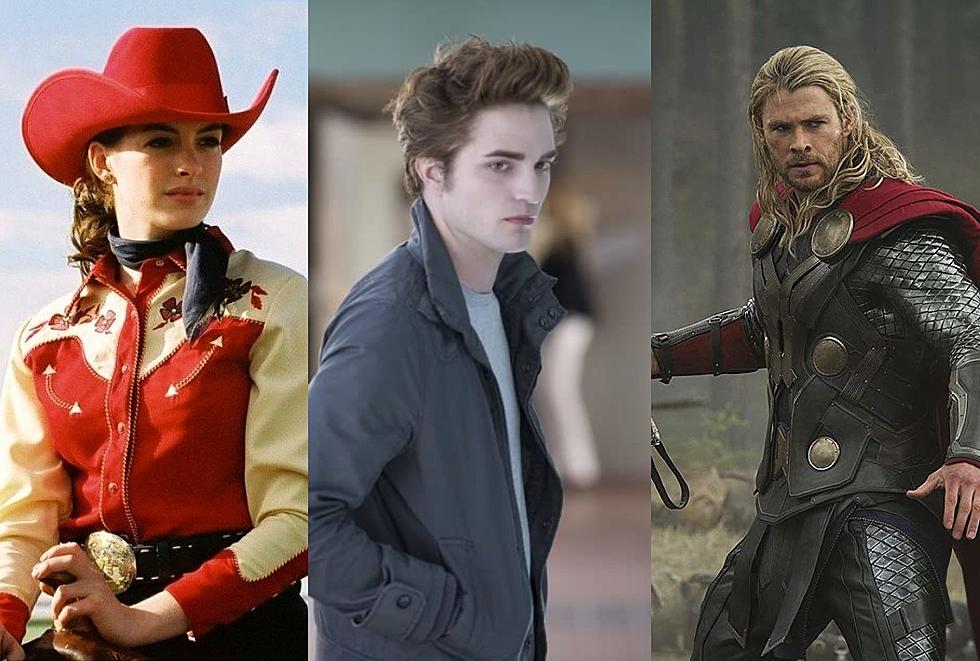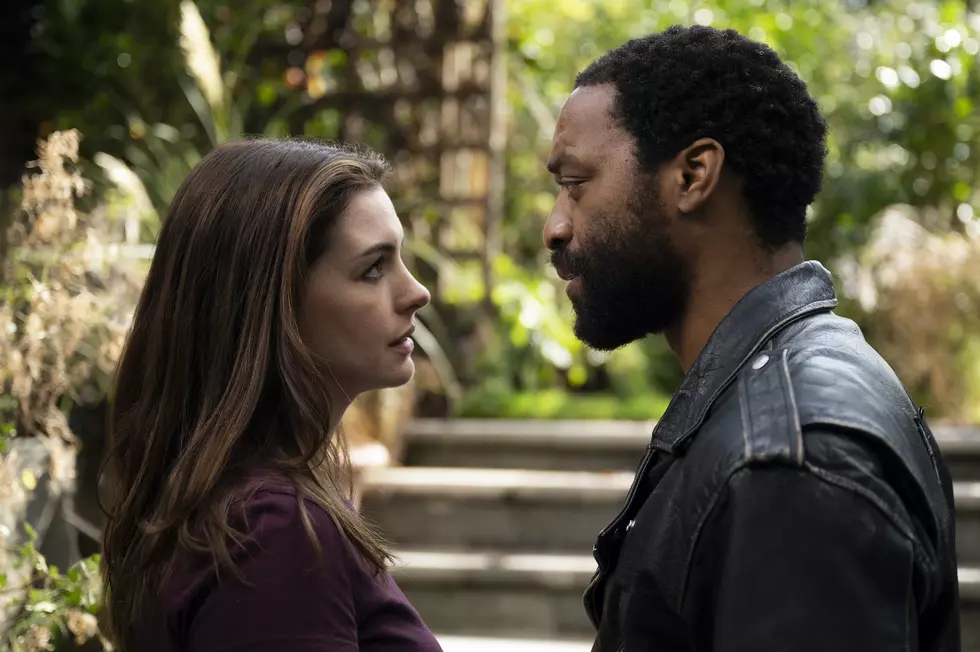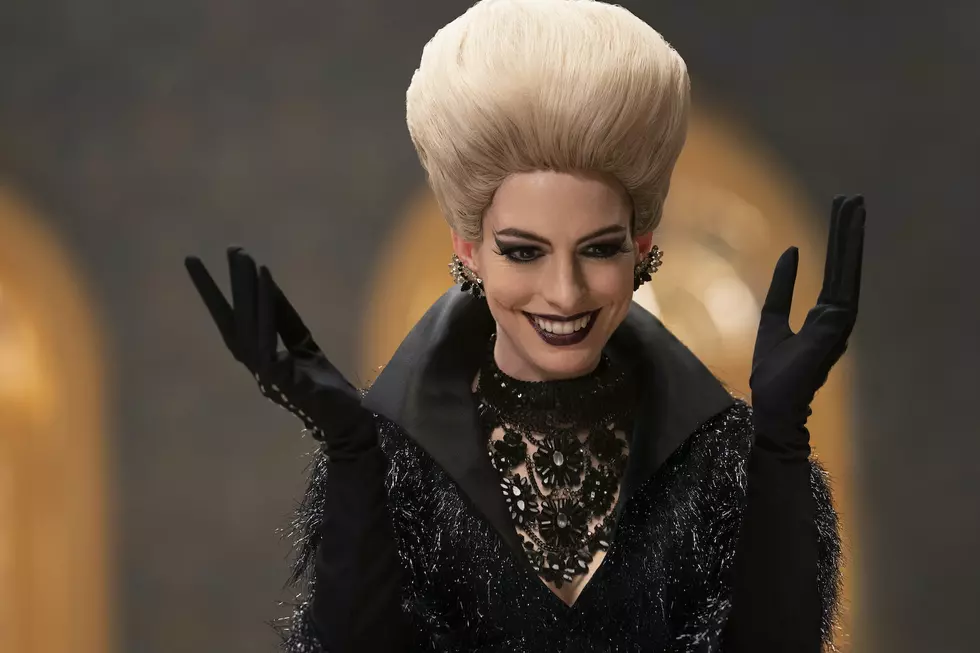
‘Song One’ Review
Taking a step back from big screen blockbusters for a decidedly more lo-fi affair, Anne Hathaway pulls double duty on Kate Barker-Froyland’s debut feature, ‘Song One,’ both starring in and producing the music-infused drama. Hathaway plays Franny, a PhD candidate unexpectedly called back to New York City (her hometown, and one she has been absent from for far too long) after her younger brother slips into a coma after being hit by a car on familiar Brooklyn streets. Pulled back into the fray of an actually fraying family, Franny and her mother (Mary Steenburgen, who is excellent in her role) attempt to make sense of the tragedy that has befallen them, and Franny takes a personal interest in yanking her brother back into the living world.
While the subject matter of Barker-Froyland’s first feature sounds ripe for lots of over-the-top tragic stylings, ‘Song One’ is relatively low-key when it comes to its narrative approach, and Hathaway is suitably restrained. The actress spends the majority of the film looking tired, beleaguered, wan, and on the verge of crying – her approximation of grief is a wise one, not showy in the least, and believable even if ultimately doesn’t give her much of a range to exhibit. It’s certainly a step down from her all-singing, all-screaming turn in 'Les Miserables,' and it’s heartening to see her changing things up.
Young Henry (Ben Rosenfield) is a bit of a subway troubadour, playing both his original songs and covers of his favorite singer/songwriter James Forester (Johnny Flynn) around the subway stations of Manhattan and Brooklyn. Felled by a taxicab very early in the film (partially thanks to his lack of awareness and large, noise-canceling headphones), Henry might not be a very present in the film, but he exhibits a huge presence over all of its proceedings. In her grief, Franny begins retracing Henry’s steps around the city as both a way to get to know him and a way to bring him back (thanks to the guidebook that is his journal, which is both intimate and infantile). She hits his favorite clubs to listen to his music, finds his favorite diner and brings him pancakes to smell, and even records ambient sounds around the city to stir him.
And then she goes to a James Forester concert.
It’s fairly evident from the get-go what will happen between Franny and James – while she’s clearly reeling from something, he seems a little lost in his own way, devoid of any kind of “rock star” attitude – and ‘Song One’ unfolds in a highly predictable way. That doesn’t detract from its gentleness, a welcome change when it comes to stories of grief-rooted romance, but it does make ‘Song One’ feel like a film played in a minor key. It’s entirely inoffensive, appropriately sensitive, and not nearly lasting enough to strike more than stray chords with its audience.
Barker-Froyland’s film is rooted in music, so it’s not surprising that ‘Song One’ is peppered with plenty of live music scenes, but most of them don’t accomplish what they seem aiming to: deepen our understanding of the characters. James’ stage presence is different than his regular world persona, appropriately confident and swaggy, but that doesn’t quite translate into rounding out his character, he just seems like someone else on stage (his word salad songs, the hipster equivalent of a kale Caesar salad, don’t help matters much). Similarly, watching Franny react to a concert or performance doesn’t provide any profound clues into her inner life.
‘Song One’ is a fine enough first feature for writer and director Barker-Froyland, but it’s just that – fine enough. While the film boasts a stellar cast and some charming ideas, it doesn’t succeed in making well-tread territory feel (or sound) unique enough to stick.
'Song One' premiered at the 2014 Sundance Film Festival.
More From ScreenCrush









